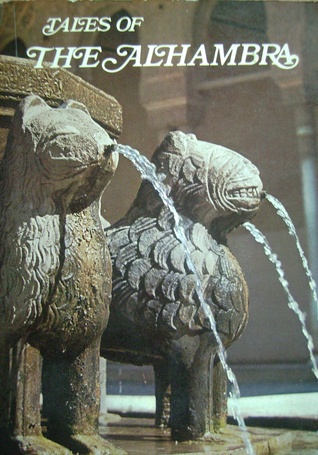
Youth by J. M. Coetzee

1. Summarize in 10 words or less:
Expat youth wants glory in poetry — finds strife is life.
2. What is it about ?
A young, white South-African wants to escape his dreary life. A mathematics student stuck in a country, his self-proclaimed inner artist is stifled. When he moves to London in the hope of transforming into a true poet, disappointments await. He stumbles through loneliness in attempts to envision an ideal life.
3. What did I like?
I enjoy a bildungsroman well-told. There is much of the narrator’s pseudo-pretentious angst that I can, painfully, relate too. Also, Coetzee’s style is erudite but accessible. His protagonist idolizes Ezra Pound, TS Eliot and peppers in references from Tolstoy and Bach to guide his daily life. To any aspiring creative who feels misunderstood and lost, he is kin.
4. What did I not like?
At times the prose is dry and bare. Moreover, the end reads abruptly, as if the novel had tired even the author who penned it. And of course, many will find the predicaments of the central character self-inflicted, elitist and snobbish. Why happiness eludes him he cannot say with certainty.
5. What rating does it get from me?
3.5/5
Tales of the Alhambra by Washington Irving

1. Summarize in 10 words or less:
American lodges at Alhambra high, reminiscing the Moor’s Last Sigh.
2. What is it about ?
Writer and aristocrat Washington Irving (yes, of Sleepy Hollow fame) pens short stories and essays as a memoir of the time he spent in 1832 at the Alhambra. The palace complex is a majestic and mysterious stronghold of the erstwhile Moorish sultans and chieftains in Granada (southern Spain).
3. What did I like?
Irving has taken up the task of recounting magical, fantastical Moorish tales with the fervor of Scheherazade in the Arabian Tales. In between these fables of a long-gone dynasty he wittily describes the local characters and terrains of 19th century Spain. Reading it while visiting Granada rendered an unmatched vitality to my travels.
4. What did I not like?
Stylistically, 19th century writing can be superfluous and verbose. Irving also makes some gross generalities about the temperament and intellects of the Spaniards he meets: a characteristic most undesirable in any cross-cultural exchange.
5. What rating does it get from me?
3/5